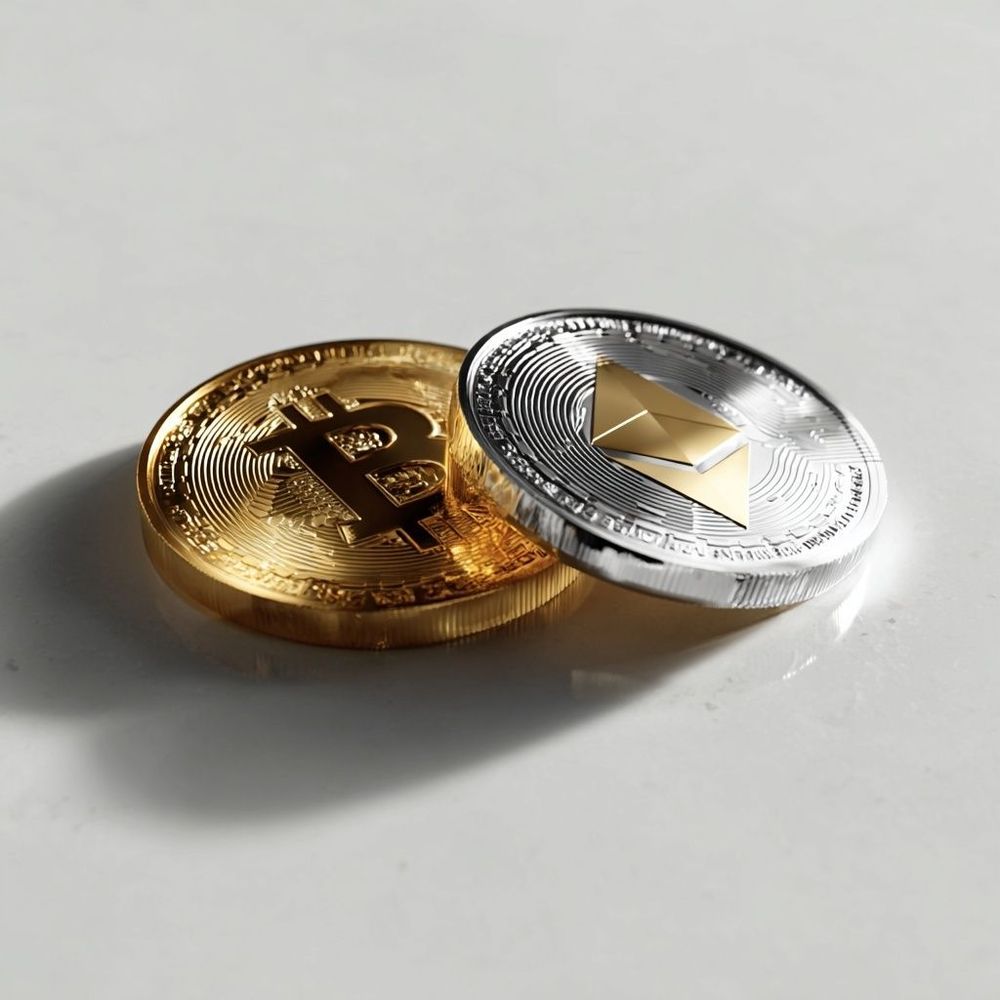JPMorgan Accused of Quietly Targeting Crypto Through Account Closures
🏦 JPMorgan vs Crypto: The Silent Chokehold on Open Finance
Tyler Winklevoss says the bank is playing dirty. Fintech access is shrinking. And “Chokepoint 2.0” might be more than a meme.
📌 Quick Stats
- 💣 Client Drop: JPMorgan backs out of reinstating Gemini
- 🗣️ Whistleblower: Tyler Winklevoss, Gemini co-founder
- 💥 Allegation: “Chokepoint 2.0” — silent banking pressure on crypto
- 🔌 Core issue: Access to bank data via fintechs like Plaid
- ⚖️ Response: Crypto leaders call for fair access, regulation, and transparency
🔥 The Accusation: Crypto Cancelled, Quietly
July 25 — Tyler Winklevoss lit up X (formerly Twitter) with accusations that JPMorgan Chase pulled the plug on Gemini’s client reinstatement, days after his public critique of the bank.
He called it “Chokepoint 2.0” — an alleged, unofficial crackdown on crypto by big banks and regulators operating in the shadows.
“They want us to shut up,” Winklevoss wrote, “while they quietly take away your right to link your bank to crypto platforms like Gemini and Coinbase.”
The twist? It’s not about freezing assets. It’s about cutting off fintech APIs, like Plaid, that connect users’ fiat to their crypto.
🧠 The Real Fight: Who Controls Your Data?
At the heart of this mess is data access. Apps like Plaid make it easy to link your Chase or Wells Fargo account to a crypto exchange. Without that link, buying Bitcoin gets clunky — or worse, impossible.
Winklevoss claims JPMorgan is trying to kill this bridge by:
- Charging excessive fees to fintechs
- Slowing access or deplatforming APIs altogether
- Silencing criticism with closed-door financial pressure
It’s less about crypto volatility — and more about protecting their turf from open finance.
“This will bankrupt the fintechs that help people connect to crypto,” Tyler warned. “It’s anti-competitive gatekeeping.”
🧱 What is “Chokepoint 2.0”?
The name comes from Operation Choke Point, a 2010s U.S. initiative that pressured banks to cut ties with “high-risk” industries.
That program officially ended. But crypto insiders argue it’s quietly back, now targeting:
- Exchanges (Gemini, Coinbase, Kraken)
- Wallets and dApps
- Fintechs with crypto rails
It works through informal signals, not law — no memos, no legislation, just banks “de-risking” behind closed doors.
🧨 Winklevoss vs Jamie Dimon: Gloves Off
Tyler didn’t mince words. He called out JPMorgan CEO Jamie Dimon directly:
“We will not be silent.” “We’ll expose this rent-seeking, anti-innovation behavior.”
He positioned open banking access as a consumer right, not a favor banks get to grant or revoke. His mission? Keep crypto plug-and-play — not locked behind big-bank gates.
🧭 What’s Next? The Open Finance War
This clash isn’t just about Gemini. It’s about the future of fintech and crypto UX:
📉 If banks succeed:
- Fintechs lose access
- Crypto onramps dry up
- Open finance turns into a walled garden
📈 If crypto wins:
- Consumer control over financial data becomes the norm
- Banks become rails — not gatekeepers
- Innovation runs free
The battleground now moves to Washington, where crypto advocates are calling for:
- 🚨 Clear rules on API access
- 🚫 Protection against financial discrimination
- 📜 Fair Access Banking legislation
⚡️ TL;DR
- JPMorgan pulled out of re-onboarding Gemini after Tyler Winklevoss criticized them publicly
- He accuses the bank of deploying “Chokepoint 2.0” tactics — secretly cutting off crypto firms
- The core issue is data access via fintech apps like Plaid
- Winklevoss vows to expose what he calls anti-competitive banking behavior
- The broader fight? Open finance vs legacy gatekeepers

Recent News
All Time High • Live
Have questions or want to collaborate? Reach us at: [email protected]










